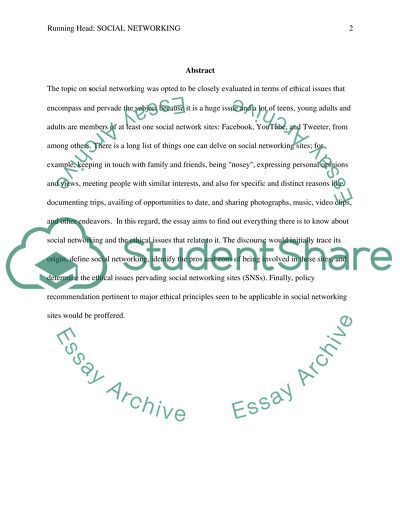Cite this document
(“Social Networking Research Paper Example | Topics and Well Written Essays - 2000 words”, n.d.)
Retrieved de https://studentshare.org/information-technology/1390575-social-networking
Retrieved de https://studentshare.org/information-technology/1390575-social-networking
(Social Networking Research Paper Example | Topics and Well Written Essays - 2000 Words)
https://studentshare.org/information-technology/1390575-social-networking.
https://studentshare.org/information-technology/1390575-social-networking.
“Social Networking Research Paper Example | Topics and Well Written Essays - 2000 Words”, n.d. https://studentshare.org/information-technology/1390575-social-networking.


